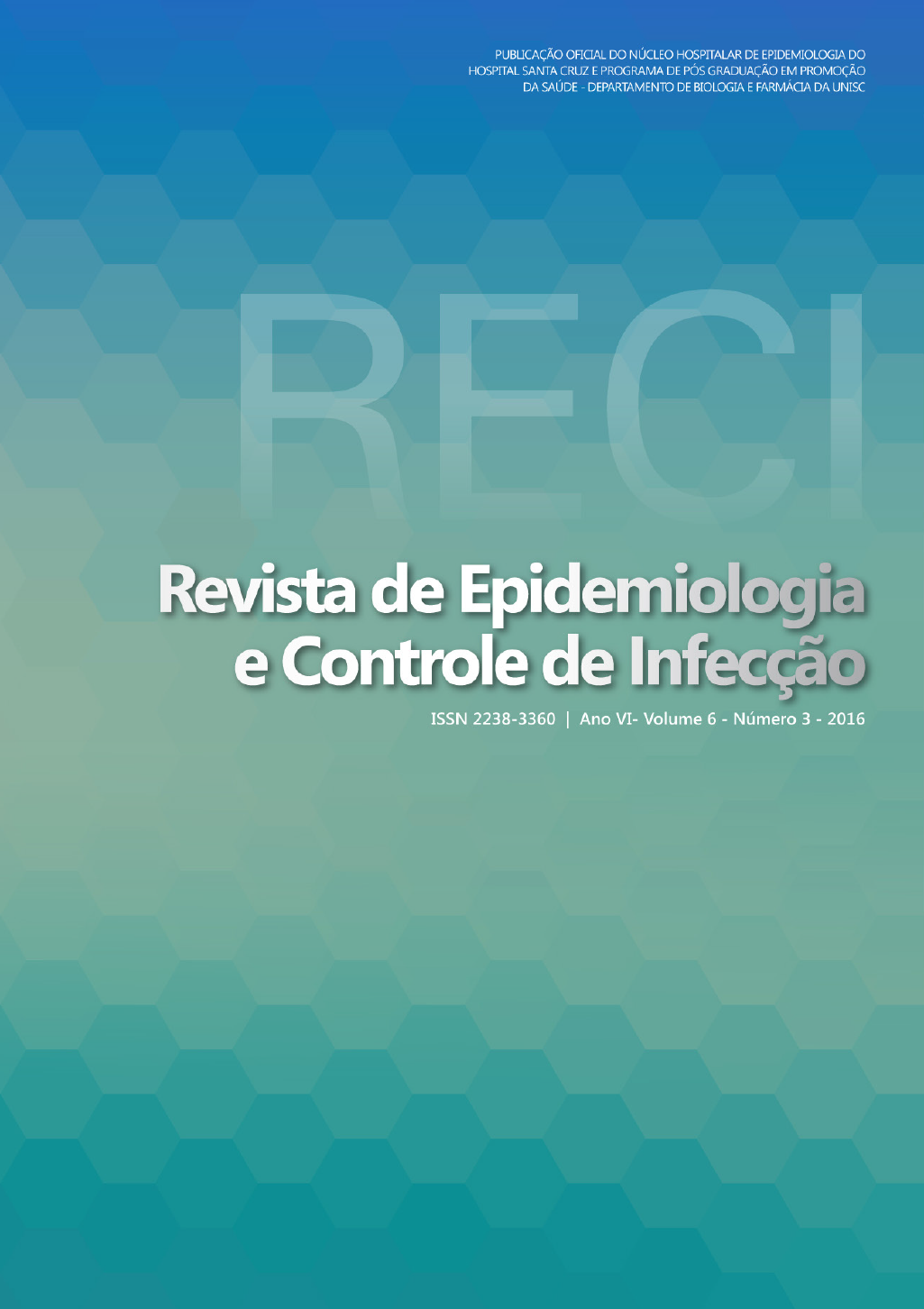Spread of Multidrug-resistant microrganisms: a global threat and critical healthcare problem
DOI:
https://doi.org/10.17058/reci.v6i3.7062Resumen
Multidrug-resistant organisms are usually associated with greater number of clinical manifestations and severe infections than those caused by susceptible pathogens. The high prevalence of antimicrobial resistance is a global concern, mainly in Latin America, where resistance levels are higher for important pathogens such as Gram-negative non-fermentative bacteria and Enterobacteriacae family, compared with those seen in US hospitals and Europe. The use of antimicrobial agents for the treatment of these infections is advantageous for the multidrug-resistant pathogens and contributes to the maintenance of the genetic determinants of resistance. Countries like Brazil, characterized by the allocation of limited financial resources for the health department, have in the infection prevention and control practices an economical necessity, because of the increased costs that nosocomial infection demand in addition to the reduction of rates morbidity and mortality.Descargas
##submission.downloads##
Publicado
Cómo citar
Número
Sección
Licencia
The author must state that the paper is original (has not been published previously), not infringing any copyright or other ownership right involving third parties. Once the paper is submitted, the Journal reserves the right to make normative changes, such as spelling and grammar, in order to maintain the language standard, but respecting the author’s style. The published papers become ownership of RECI, considering that all the opinions expressed by the authors are their responsibility. Because we are an open access journal, we allow free use of articles in educational and scientific applications provided the source is cited under the Creative Commons CC-BY license.


